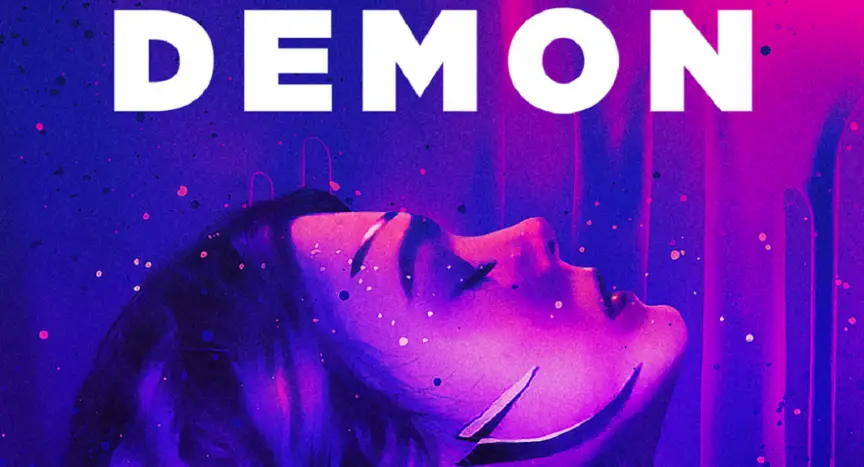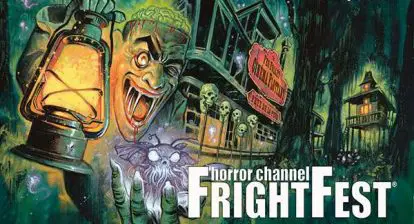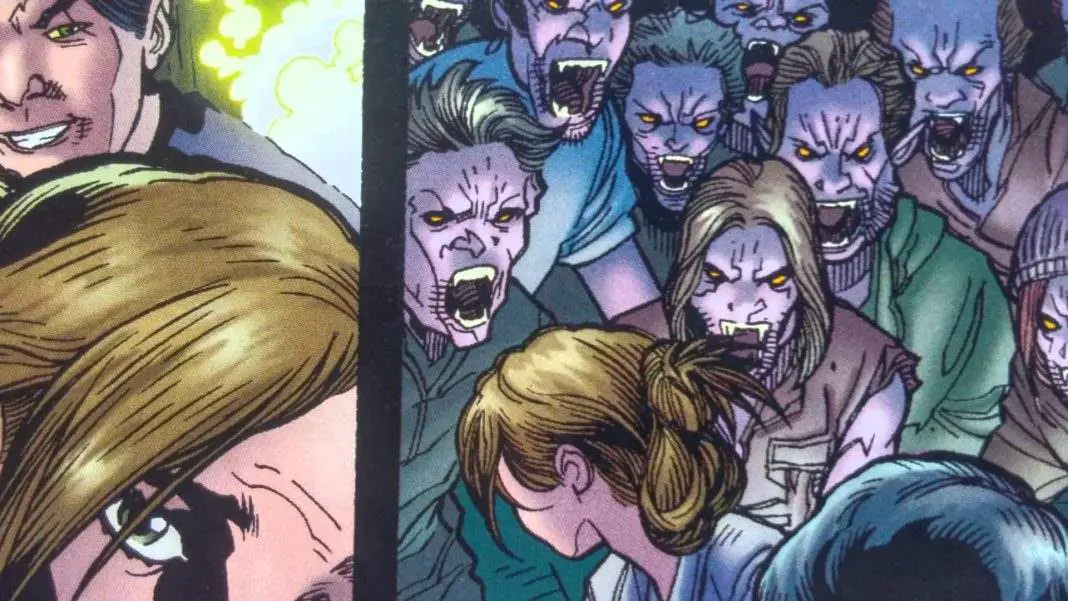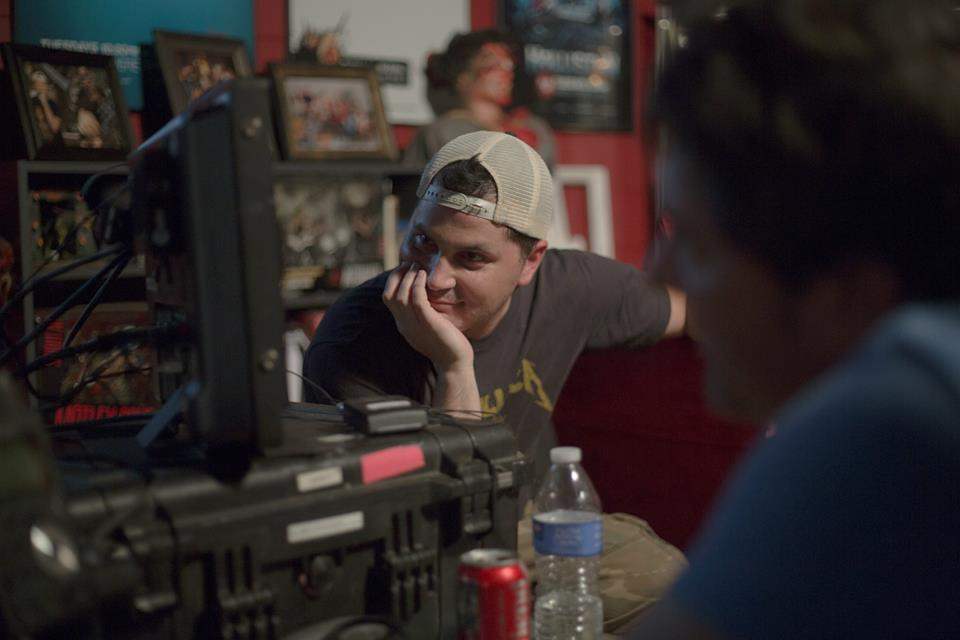Nicolas Winding Refn is no stranger to the close-knit relationship between love and violence. In Bronson, the filmmaker breathed life into the brutal and titular inmate portrayed by Tom Hardy. Drive detailed a suave and robotic getaway driver’s (Ryan Gosling) attempt to protect a woman he cherishes while eviscerating those who would compromise her safety, usually in the most horrific of fashions. With The Neon Demon, Refn explores an underage teen’s (Elle Fanning) journey through the world of high-end modeling as she cascades into the valley of a nightmarish community founded on vanity and lust.
The Neon Demon frames an institution overtly driven by beauty, warping one’s perspective so delicately as to turn the picture grotesque without losing its allure. Clinical photographers contort and paint women as if they were etherized, and envy pulses through an infected cast like an insatiable tumor. Flesh is the figurative (and often literal) fuel that drives an industry to toxicity and misanthropy. Most importantly, the more radiant one is, the more dangerous life becomes.
Premiering on Amazon Prime Video November 3, 2016, Refn spoke with Wicked Horror about The Neon Demon, describing both his philosophy, his passion for extremity, and the pricelessness of creativity.
Though The Neon Demon does play heavily with the conventions of horror, one would be hard-pressed to classify the film within any genre, let alone much of Refn’s work. In fact, Refn found it nearly impossible to consciously fit a categorical mold. “It’s hard to try anything like that,” The filmmaker starts. “All you can really do is approach the film how you would like to see it. There is, of course, a perverse pleasure in playing around with various genres, suddenly switching. Opportunities show themselves throughout that process.”
To an extent, Refn finds being too analytical of one’s own approach to cinema can be hindering. “I’m not that calculated. I just really make things based on what I would like to see and not always wanting to understand it. Just making a movie is so difficult it’s hard to criticize it, just the sheer volume of stress,” Refn explained.

A lifelong actress, Elle Fanning has appeared in numerous roles since she was a toddler. Fanning proved her aptitude for performance early in The Curious Case of Benjamin Button and Somewhere from 2008 and 2010 respectively. Many contend her breakthrough came by way of Super 8, where her role as Alice Dainard surpassed any Goonie. A recent adult, The Neon Demon is a significant tangent from much of her previous work, despite her filmography’s eclectic nature. However, Refn found without Fanning, there would simply be no Demon. “She was the only one who could play the role,” the director posits. “It wasn’t until she became a part of the film [that] it became a reality; there was no one else who could play Jesse with all the needed elements. Plus, she’s unique, she has that thing, like Alessandro Nivola’s character says, it’s the best way to describe Elle Fanning. It made it much more possible to build the film around that idea.”
Both with Hardy in Bronson and perhaps more so with Gosling in Drive, Refn finds it imperative that a filmmaker foster a strong relationship with their lead player. While working with Fanning, Refn not only built an impervious bond but also served as a conduit for her directorial curiosity.
“She and I were creating this film together, so it was important she was around for much of the process. It’s one of the director’s jobs, to inspire everyone else to give their best. The most important thing to with creative is to inspire, specifically to inspire everyone else to do the same. That’s something you can take with you for the rest of your life. That’s sacred.” Refn explained.
The director’s work often features the heights of happiness directly adjacent to the depths of depravity. Refn’s work can be abrasive, harrowing, and awe-inspiring in a matter of seconds.
Refn has grown fond with the tug-of-war his films often conjure between two extremes. The filmmaker finds the ability to create something moving is what makes the cinematic experience worthwhile. Sometimes, however, the movement needs to be jarring.
“I love extremes. The more extreme it becomes the more interesting it feels. The more dangerous it will be. Remember that everything is of that mutation. The movement of cinema is artificial, it’s static. It is the viewer that mutates the film from point A to B,” said Refn.
Nicolas Winding Refn, like many artists, found his inspiration for work to be too numerous to detail. He did, however, admit that there is little one can do to distance themselves from the influence of their experience. “I think it’s natural to be inspired by what you grow up with,” Refn concludes. “Anyone who says it’s not like that is lying. The whole part of creation is stealing you inspiration. It’s natural evolution. It’s still you, of course, as long as you approach it with your heart. We spend a lot of time defining the experience, but we have to remember the endeavor of creativity is far more exciting when it’s about curiosity.”





